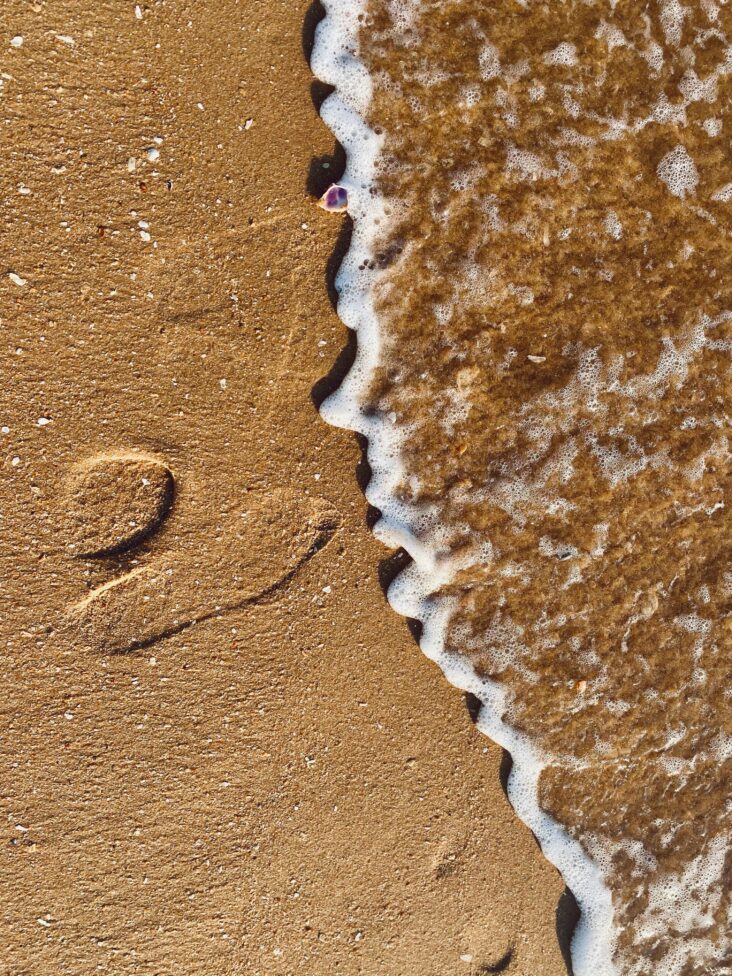From Footfall to Footprint

The dictionary definition of evaluation is ‘a judgement about the amount, number or value of something.’
At Happy Museum we value the wellbeing of people place and planet – first and foremost. Which sounds like a no brainer. But we live in global system where our collective driver of value, our primary measurement of societal progress, is GDP. Put simply, GDP is a measurement of the value of goods and services circulating in our economy and though useful, it has crucial flaws.
It is predicated on a need for continual growth so requires ever increasing consumption, depletion of resources and huge amounts of waste.
It can’t differentiate between spending on good things (education) and terrible things (money spent on recovery from accidents or disasters).
It doesn’t measure the economic services that nature provides, such as supplies of water or fresh air, or those that don’t come with a market price, such as raising children.
As President Robert Kennedy said about GDP back in 1968 ‘…it measures everything, … except that which makes life worthwhile.’
Meanwhile, growth as primary measure of societal progress, spills over into measurement of value in the cultural sector.
This July, ALVA published its delayed visitor statistics for 2019, showing a leap in footfall of just under 6%. These were greeted wholly positively by the press and sector as a glimpse of normality, tempered by the knowledge that things were going to look very different in 2020. The dominance of the growth narrative is accompanied by pressure for increased commercial income from shops, cafes and hires, block buster exhibitions, international tourism and new capital build.
But merely counting visitor numbers tells us nothing of the quality of their experiences. Since 2011 Happy Museum has worked with the principle ‘measure what matters’ linking our evaluation directly to what we value, to the wellbeing of people, place and planet and developing tools and resources in response.
As our Founder Tony Butler outlines in this piece – Living with Limits
‘The limitations of our economic model have this year been laid bare by the Coronavirus. It is taste of what could be further imposed on humanity via a climate emergency. Yet limits could help us frame a new future for our cultural organisations to help us live more fairly together and in concert with the natural world.’
Happy Museum works with the wider frame of our interlinked environmental and social crises which are in turn symptoms of a global system in crisis driven by a focus on growth as its predominant economic and social goal. Kate Raworth in Doughnut Economics acknowledges
‘We have economies that need to grow, whether or not they make us thrive, and what we need, especially in the richest countries, are economies that make us thrive whether or not they grow.’
We would like to offer the cultural sector a challenge to prevailing measures of value and, connecting with alternative models such as Doughnut Economics, Thriving Places and the Wellbeing of Future of Generations Act in Wales , open up a fuller consideration, and measurement, of the contribution and impact that cultural institutions might make to their wider localities.
As Donella Meadows outlines in her seminal work on systems theory – the two most effective levers of change are the goal and the paradigm.
So in addition to questioning growth as a societal goal, we wish to explore what role might there be for our sector – not only in rethinking and restating our own value – but in supporting a cultural shift, a shift in paradigm, from a system predicated on growth to one predicated on a thriving planet both now and for the future?
This investigation will form part of our No Going Back conversation series and Peer Learning Programme.
For more news of this and other events from Happy Museum do sign up for our newsletter at the link above.
This piece is adapted from a provocation by our Director, Hilary Jennings, at a Centre For Cultural Value session Why do we evaluate our work and who do we do it for?
Photo by Zephan Ayoob on Unsplash

